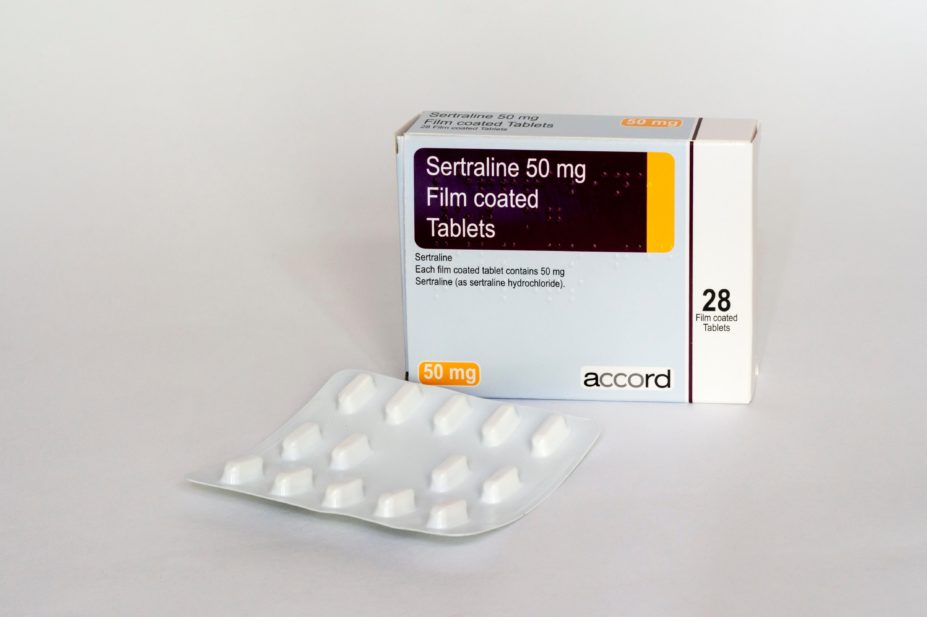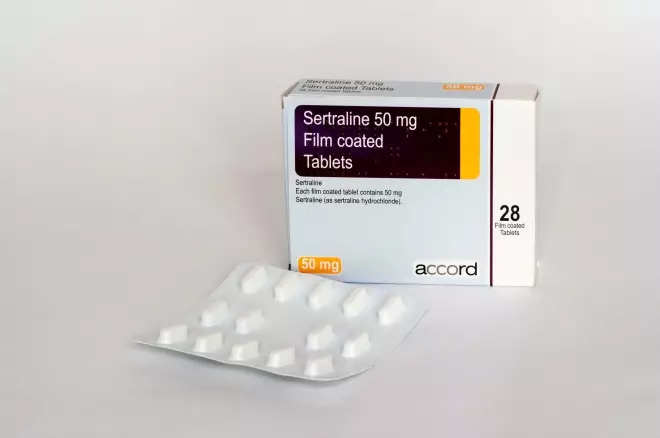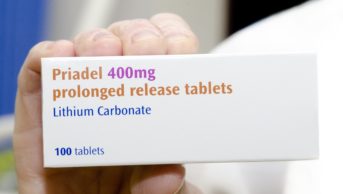
Alamy Stock Photo
Open access article
The Royal Pharmaceutical Society has made this article free to access in order to help healthcare professionals stay informed about an issue of national importance.
To learn more about coronavirus, please visit: https://www.rpharms.com/resources/pharmacy-guides/wuhan-novel-coronavirus

Source: Alamy Stock Photo
Accord Healthcare has said its sertraline 50mg tablets are now back in stock, with its 100mg tablets due back in stock during the week commencing 27 April 2020
Supplies of the selective serotonin reuptake inhibitor (SSRI), sertraline, are returning to stock after manufacturers reported “industry-wide” supply challenges, exacerbated by export bans and border closures implemented as a result of COVID-19.
Accord Healthcare, which manufactures the SSRI, told The Pharmaceutical Journal on 23 April 2020 that its sertraline products had been out of stock for approximately four weeks, owing to a shortage of the active pharmaceutical ingredient (API). However, it added that its 100mg tablet was due back in stock “early next week”, with its 50mg tablet back in stock already.
“This situation was originally created by a shortage of APIs,” explained Peter Kelly, UK managing director of Accord Healthcare.
“It is likely that until the API source is stable and secure, supply from Accord Healthcare may be fairly sporadic, but the DHSC [Department of Health and Social Care] has been kept informed.”
A spokesperson for the company confirmed that the API issue had been “exacerbated” by the COVID-19 pandemic.
Teva Pharmaceuticals, which also manufactures the SSRI, said that it was working hard to resume supply “as quickly as possible” and anticipated that its sertraline 50mg tablets would be back in stock in May 2020, with sertraline 100mg tablets following between July and September 2020.
“There are currently industry-wide supply challenges with sertraline due to API issues,” it added.
Ciara Ni Dhubhlaing, president of the College of Mental Health Pharmacy — a charity which works to advance education and research in the practice of mental health pharmacy — said that while it had heard some reports of shortages, many pharmacists had been able to obtain sertraline from alternative suppliers.
“We don’t see that there should be a need for people to switch medication at this point,” she added.
However, David Taylor, director of pharmacy and pathology at the Maudsley Hospital in south London, said that a serious shortage of sertraline would cause “immense problems”.
“Sertraline should not be stopped abruptly because this will induce a withdrawal reaction and increase the risk of relapse. Switching to another SSRI is likely to be the preferred option for most people, but such a process risks loss of efficacy, emergent adverse effects and interactions with co-administered medicines,” he explained.
You may also be interested in

Competition watchdog launches investigation into discontinuation of bipolar drug

Warwick Smith: ‘The pandemic has removed factors that allowed us to be resilient for Brexit’
